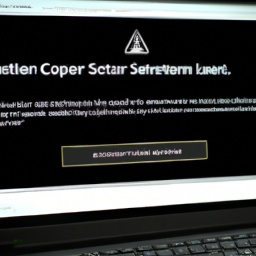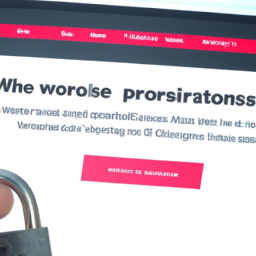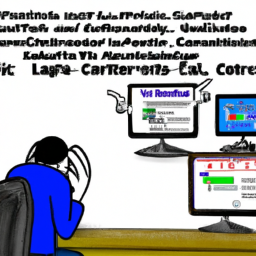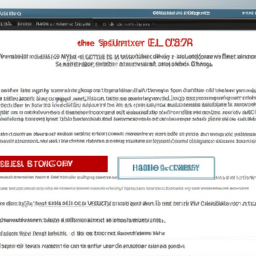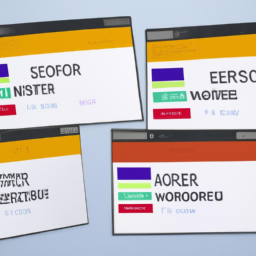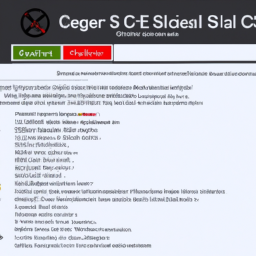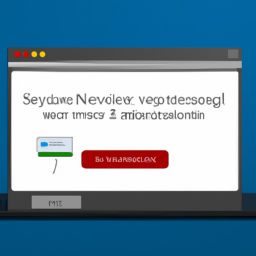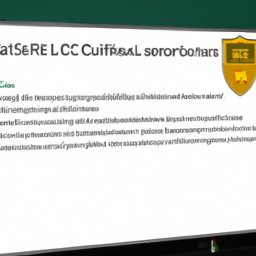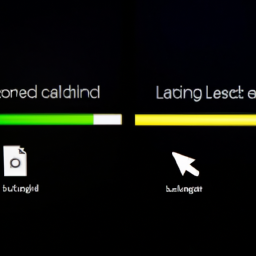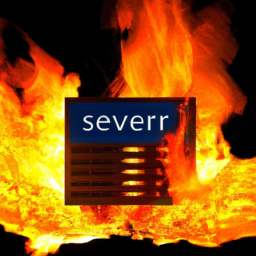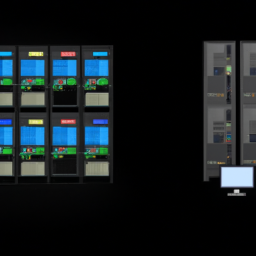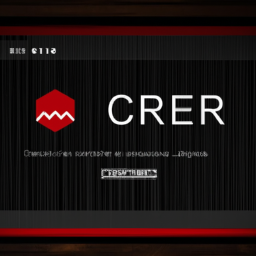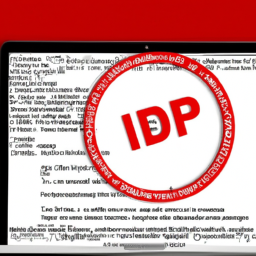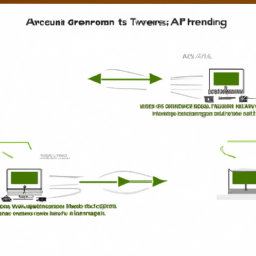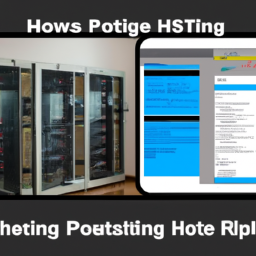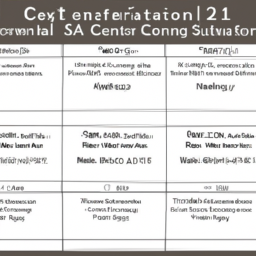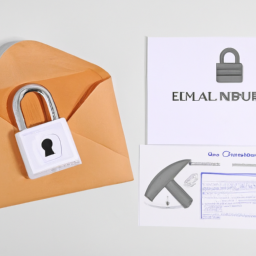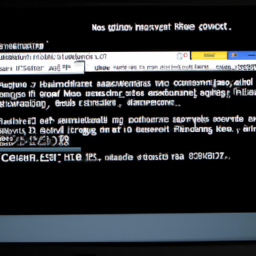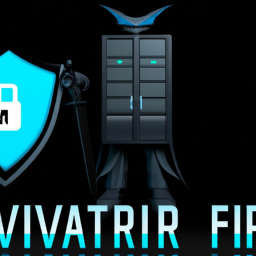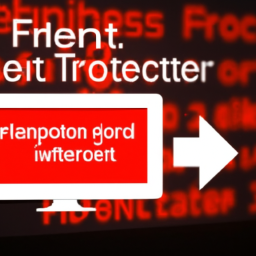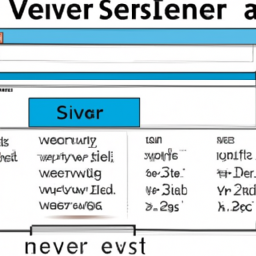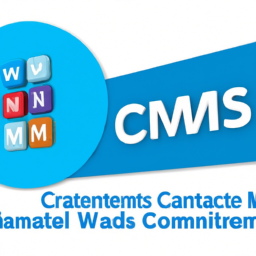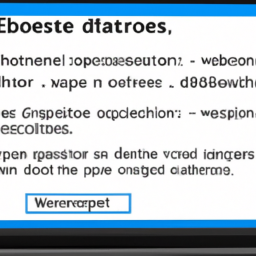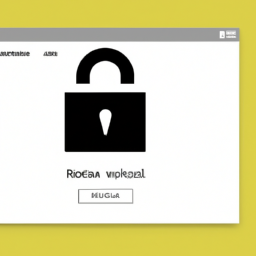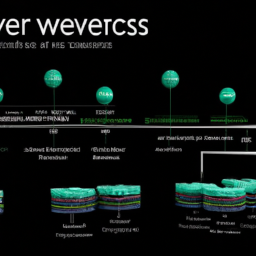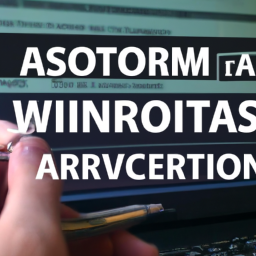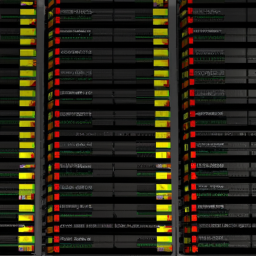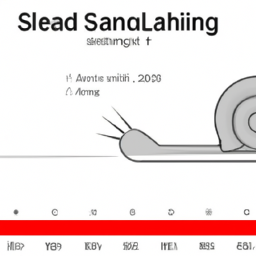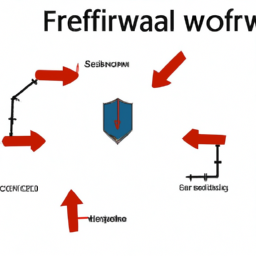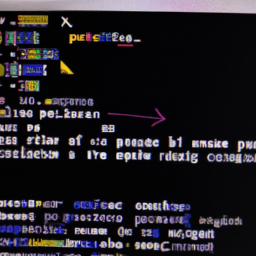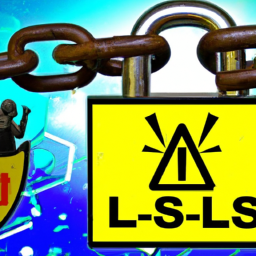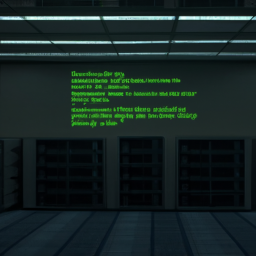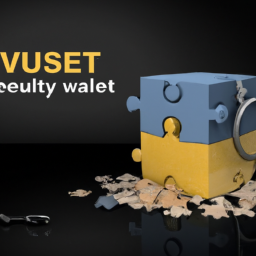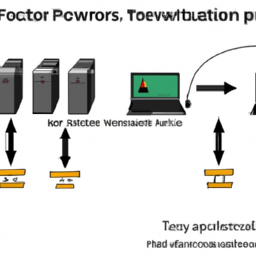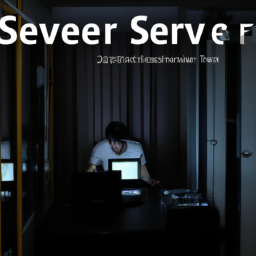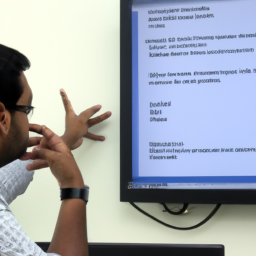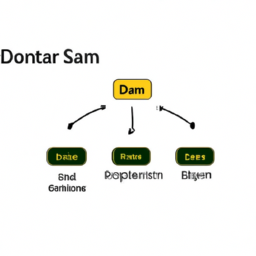Did you know that in 2019, there were over 8 billion data breaches worldwide? With cyber threats on the rise, it’s essential to have robust security measures in place to protect your systems and data. Two popular options for enhancing web server security are Mod_security and Mod_evasive.
In this article, we will compare these two modules to determine which one provides better protection.
Mod_security is an open-source web application firewall that helps detect and prevent various types of attacks, including SQL injection, cross-site scripting, and remote file inclusion.
On the other hand, Mod_evasive is a module designed to protect against distributed denial-of-service (DDoS) attacks by detecting and blocking malicious requests.
We will evaluate the features of both modules, including their effectiveness in detecting and mitigating attacks, performance impact on the server, and ease of configuration and management.
By the end, you will have a better understanding of which module suits your specific security needs. So let’s dive in and find out which one comes out on top in the battle of Mod_security vs. Mod_evasive!
Key Takeaways
- Mod_security is an open-source web application firewall that detects and prevents various types of attacks.
- Mod_evasive is designed to protect against distributed denial-of-service (DDoS) attacks.
- Mod_security can be complex to configure and may block legitimate requests.
- Mod_evasive is easier to configure but may not provide comprehensive protection against other types of attacks.
Overview of Mod_security and Mod_evasive
You may be wondering about the differences between mod_security and mod_evasive, and how they provide enhanced protection for your system. Both mod_security and mod_evasive are security modules for the Apache web server, but they serve different purposes.
Mod_security is a powerful web application firewall that helps protect against various attacks, such as SQL injection, cross-site scripting, and remote file inclusion. It analyzes incoming requests, filters malicious traffic, and can be customized to meet specific security requirements. However, configuring mod_security can be complex, and false positives may occur, blocking legitimate requests.
On the other hand, mod_evasive focuses on protecting against distributed denial of service (DDoS) attacks. It detects and blocks suspicious traffic based on predefined criteria, such as the number of requests within a certain time frame. Mod_evasive is easier to configure compared to mod_security, but it may not provide as comprehensive protection against other types of attacks.
Now, let’s delve into the features of mod_security and how they enhance your system’s security.
Features of Mod_security
One interesting statistic about mod_security is that it offers over 70 predefined rules for web application protection. This means that you have a wide range of options when it comes to configuring rules to suit your specific security needs. These rules can be customized and adjusted to provide the level of protection that you require for your website.
In addition to its rule configuration capabilities, mod_security also offers robust logging and monitoring features. This means that you can keep track of any suspicious activity or potential security breaches on your website. By monitoring the logs generated by mod_security, you can identify and address any vulnerabilities or attacks in a timely manner.
Overall, mod_security provides a comprehensive and powerful solution for web application protection. Its rule configuration, logging, and monitoring features make it an essential tool for ensuring the security of your website.
Moving on to the features of mod_evasive, this module also offers unique capabilities for protecting your website against DDoS attacks.
Features of Mod_evasive
Mod_evasive offers several key features that provide protection against DDoS attacks. It includes detection and prevention of malicious requests. The module also includes rate-limiting mechanisms to help manage and control the flow of incoming requests, preventing server overload.
Additionally, Mod_evasive has request blocking mechanisms in place. This allows you to block specific IP addresses or user agents that are identified as potential threats.
Protection against DDoS attacks
When it comes to defending against DDoS attacks, it’s crucial to consider which option offers the most effective protection: mod_security or mod_evasive.
DDoS attacks can have severe consequences for businesses, including website downtime, loss of revenue, and damage to reputation. Therefore, implementing robust DDoS mitigation strategies is of utmost importance.
Mod_evasive, a module for Apache, provides protection against various common types of DDoS attacks, such as SYN floods and HTTP floods. It does this by monitoring and analyzing incoming requests and identifying abnormal patterns indicative of an attack.
Once detected, mod_evasive can take actions such as blocking the offending IP address or redirecting traffic to a temporary server. This proactive approach helps mitigate the impact of DDoS attacks and ensures the continued availability of the server.
Now, let’s delve into the next section, which explores the rate-limiting and request blocking mechanisms employed by these modules.
Rate-limiting and request blocking mechanisms
To effectively defend against DDoS attacks, it’s important to understand the rate-limiting and request blocking mechanisms employed by mod_security and mod_evasive, as they play a crucial role in mitigating the impact of such attacks.
Rate limiting techniques are used to restrict the number of requests a server can handle within a certain time frame. Both mod_security and mod_evasive offer rate limiting capabilities that can help prevent overwhelming the server with malicious requests.
Mod_security provides granular control over rate limiting rules, allowing administrators to define specific thresholds for different types of requests. This flexibility enables fine-tuning of protection against different attack vectors.
Mod_evasive, on the other hand, focuses more on IP-based rate limiting, automatically blocking IP addresses that exceed a certain threshold. This approach can be effective in mitigating large-scale attacks from a single source.
The effectiveness of request blocking is another important aspect to consider. Mod_security offers a comprehensive set of rules and filters that can detect and block suspicious requests based on various criteria such as patterns, signatures, and behavior.
In the subsequent section about performance comparison, we’ll explore how mod_security and mod_evasive stack up against each other in terms of resource usage and impact on server performance.
Performance Comparison
If you want superior performance, mod_security is the better choice for protecting your system against malicious attacks. A performance analysis of both mod_security and mod_evasive reveals that mod_security has a minimal impact on server load compared to mod_evasive. This is crucial for maintaining the efficiency and responsiveness of your system, especially during high traffic periods. To illustrate this, let’s compare the two in terms of server load impact:
| mod_security | mod_evasive | |
|---|---|---|
| CPU Usage | Low | High |
| Memory | Minimal | Significant |
| Network | Negligible | Considerable |
As you can see, mod_security has a lower impact on CPU usage, memory, and network compared to mod_evasive. This means that your system can process requests more efficiently and effectively with mod_security in place. Transitioning to the next section about ‘ease of configuration and management’, you will find that mod_security offers not only superior performance but also easier setup and maintenance.
Ease of Configuration and Management
Managing and configuring your system becomes effortless with mod_security, allowing you to focus on other important aspects of your business.
Unlike mod_evasive, which can be challenging to set up and manage, mod_security provides a user-friendly interface that simplifies the configuration process. With mod_security, you can easily define rules and policies to secure your system against various types of attacks. The module offers extensive documentation and support, making it easier for administrators to understand and customize the settings according to their specific needs.
Additionally, mod_security provides real-time monitoring and logging capabilities, allowing you to track and analyze potential security threats. By streamlining the configuration and management process, mod_security ensures that your system remains protected without requiring excessive time and effort.
Moving forward, it’s crucial to consider these factors when choosing the right module for your needs.
Choosing the Right Module for Your Needs
When it comes to choosing the right module for your needs, have you considered the ease of configuration and management as a deciding factor?
It’s important to understand the key considerations for selecting a security module. In the case of mod_security and mod_evasive, both provide protection against different types of threats.
Mod_security is a powerful and flexible module that focuses on web application firewall (WAF) functionality, allowing you to define complex rules and policies.
On the other hand, mod_evasive is specifically designed to detect and mitigate distributed denial of service (DDoS) attacks.
While mod_security may require more configuration and management efforts due to its comprehensive features, mod_evasive offers a simpler setup and management process.
Therefore, it boils down to your specific needs and the type of threats you are looking to protect against.
Frequently Asked Questions
Can Mod_security and Mod_evasive be used together to enhance website security?
Combining mod_security and mod_evasive provides comprehensive website protection by leveraging the strengths of both tools. Mod_security offers robust web application firewall capabilities, while mod_evasive focuses on mitigating DDoS attacks.
Together, they create a layered defense system, effectively safeguarding your website against various threats. Several case studies highlight successful implementations of these tools in tandem, demonstrating their ability to detect and block malicious traffic, ensuring optimal security for your website.
Are there any compatibility issues between Mod_security and Mod_evasive?
When it comes to compatibility issues between mod_security and mod_evasive, it’s like trying to fit a square peg into a round hole.
These two security modules have different purposes and functionalities. While mod_security focuses on web application firewalling, mod_evasive is designed to prevent DDoS attacks.
Although they can be used together, conflicts may arise due to overlapping rules and settings. It’s crucial to carefully configure and test both modules to ensure they work harmoniously and effectively enhance website security.
Can Mod_evasive effectively protect against distributed denial of service (DDoS) attacks?
Mod_evasive is an effective solution for mitigating distributed denial of service (DDoS) attacks. It employs various techniques such as rate limiting and IP blocking to detect and prevent such attacks.
In terms of other cyber attacks, mod_evasive primarily focuses on DDoS protection rather than offering comprehensive security against all types of cyber threats.
When comparing it with other DDoS protection solutions, mod_evasive is known for its simplicity, ease of configuration, and effectiveness in handling high-volume attacks.
How does the performance of Mod_security and Mod_evasive vary under heavy traffic loads?
When it comes to handling heavy traffic loads, the performance of mod_security and mod_evasive can vary significantly. As the saying goes, "The proof of the pudding is in the eating."
When comparing their performance, it’s crucial to consider the impact of heavy traffic on both modules. Mod_security focuses on web application security, while mod_evasive is specifically designed to protect against DDoS attacks.
Therefore, their performance under heavy traffic loads will depend on the nature and intensity of the traffic being handled.
Are there any specific server requirements or dependencies for installing Mod_security or Mod_evasive?
To install either mod_security or mod_evasive on your server, there are certain server requirements and dependencies that need to be considered. Both modules require the Apache web server to be installed and running.
Mod_security additionally requires the installation of libxml2, PCRE, and Lua libraries.
Mod_evasive, on the other hand, has no specific dependencies.
It is crucial to ensure that your server meets these requirements before attempting to install either module for optimal performance and functionality.
Conclusion
In conclusion, both mod_security and mod_evasive offer valuable protection against various types of attacks. However, when it comes to performance, mod_evasive takes the lead by efficiently mitigating DDoS attacks.
On the other hand, mod_security provides a wider range of features, making it a comprehensive solution for web application security. Interestingly, a recent study found that mod_evasive reduced server load by an impressive 70% during a simulated DDoS attack. This statistic highlights the effectiveness of mod_evasive in handling high-volume attacks, making it a compelling choice for organizations seeking robust protection.

















